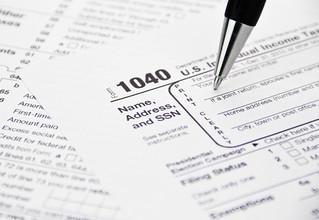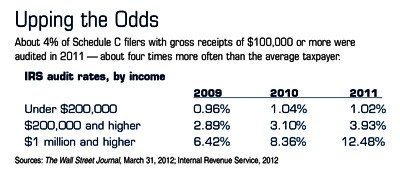It’s no secret that property taxes can get pretty high, and,
while you can’t escape paying them altogether, there definitely are things that
you can do to cut down on your property taxes. In fact, there are quite a few
credits, deductions, and exemptions that you may qualify for. We’ll cover a few
of the basics here, but remember, you should always be able to go to your
accountant and/or tax adviser to learn more about available discounts and how
to take advantage of them.
Veteran Assistance
First things first, are you a veteran? If so, then there are
probably several different property tax related credits, deductions, and/or
exemptions that you can qualify for. However, these do vary from state to
state, so, where you live will play a big role in which of these you can
receive. Ask your tax adviser to point you in the right direction!
Aid for Senior Citizens
Veterans aren’t the only ones who can get a break on their
taxes! Senior citizens are another group that is often eligible for discounts,
especially in the case of senior citizens who are over 65 and fall into a lower
income bracket. Again, these discounts do vary from one state to the next, so
check with your tax adviser. It’s definitely worth the effort because some
discounts are so good they can keep you out of foreclosure.
A Hand for Farmers
Finally, even farmers can get a little
credit...literally. Land that is deemed “agriculturally productive” qualifies
for property tax breaks in most states, especially Florida, which is very
liberal when it comes to handing out this credit. Other states, however, have
more stringent requirements, but, no matter where you live, this credit and all
the others are worth looking into. In fact, you should really ask your tax
adviser to help you uncover and make the most of every possible discount you
may be eligible for!








 Small-business owners and independent contractors may be more likely than other taxpayers to benefit from the home-office tax deduction, which has an average value of more than $2,600.1 But some taxpayers may be hesitant to claim this potential tax benefit on their personal tax returns, fearing that it could trigger an IRS audit.
Small-business owners and independent contractors may be more likely than other taxpayers to benefit from the home-office tax deduction, which has an average value of more than $2,600.1 But some taxpayers may be hesitant to claim this potential tax benefit on their personal tax returns, fearing that it could trigger an IRS audit. To qualify for a write-off, a home office must be used in a trade or business activity — not to manage personal investments or pursue a hobby. It must also be used regularly and exclusively for business. If part of your home is used to provide day care or to store products, you may not have to meet the exclusivity test. In addition, your office must meet at least one of the following three criteria:
To qualify for a write-off, a home office must be used in a trade or business activity — not to manage personal investments or pursue a hobby. It must also be used regularly and exclusively for business. If part of your home is used to provide day care or to store products, you may not have to meet the exclusivity test. In addition, your office must meet at least one of the following three criteria: